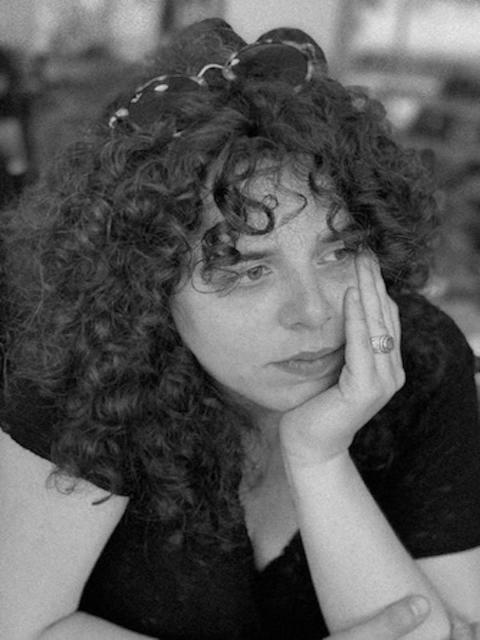
Lee Gilboa
For media inquiries, please contact Media Relations
Lee Gilboa is a U.S.-based Israeli composer, researcher, and audio engineer. In her work, Gilboa uses speech, audio spatialization, and vocal processing, and engages with different themes around the sonic identity such as naming, representation, collectivity, oppression, and self-expression. These themes also occupy her scholarly work, which brings together sound and cultural studies. While living in New York between 2017–2019, she began her work as a curator for Daniel Neumann’s CT::SWaM, and developed her debut album The Possibility of Sonic Portraiture, which was released by Contour Editions. Her works have been presented at Experimental Intermedia, Roulette Intermedium, the Immersion Room at NYU, the Cube at Virginia Tech, Ars Electronica Forum Wallis Festival, and NYCEMF among others, and in conferences such as the Audio Testimonies Symposium, Residual Noise, and the Sound of Sound Studies. She participated in several master classes and artist residencies internationally, including the Atlantic Center for the Arts, the Honk-Tweet, IRCAM Manifeste Academy, and Elektronmusikstudion. Gilboa holds degrees from Berklee College of Music and Columbia University. Currently, she is pursuing a Ph.D. at Brown University’s music and multimedia composition program. Recent activities include the release of her third album, 2 Pieces, by Contour Editions and a collaboration with the rapper Sammus.
- Artist in residence at the Elektronmusikstudion
- Collaborated with Sammus on the piece "Halves of a Story"
- Recording engineer on the album Voy by Nella Rojas (tracks 8, 9)
- Artist in residence at the Atlantic Center for the Arts
- Composer in residence at the Honk-Tweet
- Artist in residence at The Spatial Music Music Workshop in Virginia Tech
- Named a Siday Fellow for musical creativity by the Jerusalem Institute for Contemporary Music
- Named a Collaborative Humanities Fellow at the Cogut Institute for the Humanities
- Recipient of the Sheridan Teaching Seminar Program Certificate from the Sheridan Center at Brown University
-
School NameBrown UniversityState or ProvinceRhode IslandDegreeDoctor of Philosophy (PhD)Field of StudyMusic Theory and CompositionDate Degree Received
